The Romantic Rebel: Sahir Ludhianvi’s Enduring Legacy
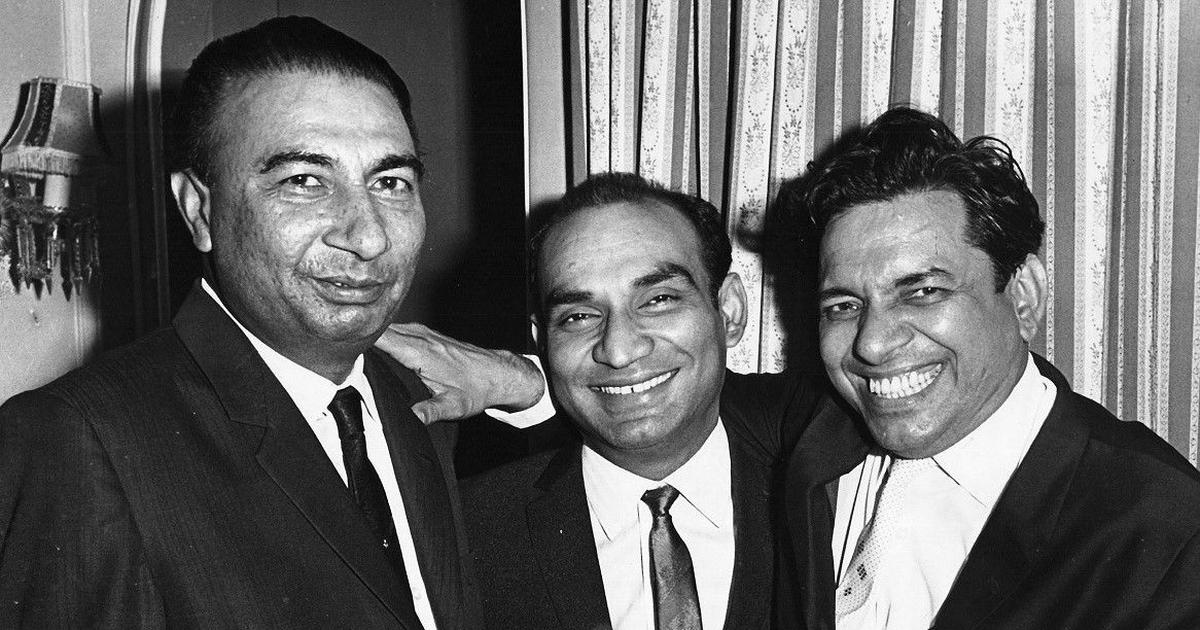
On October 25, 2025, the 45th death anniversary of Sahir Ludhianvi is marked not only by remembrance, but by the undying relevance of his words—still echoing through Indian literature, cinema, and the social conscience of the subcontinent.
Born Abdul Hayee in Ludhiana in 1921, Sahir’s journey—scarred by familial conflict and stirred by the tumult of history—transformed him into the shayar-e-awaam, the people’s poet, whose pen would never bow, neither to power nor to profit.
Main pal do pal ka shayar hoon, pal do pal meri kahani hai…
Pal do pal meri hasti hai, pal do pal meri jawani hai…
His own assertion of poetry’s ephemeral claim on life belies the reality: Sahir’s magic has spanned generations, undimmed and undeterred.
Rebel with a Cause: Defiance as Destiny
Sahir’s art was forged in resistance. From the heartbreaks of his youth—his mother Sardar Begum’s abandonment and dignity in the face of social scorn—to his exile from Lahore in the aftermath of Partition, Sahir’s life became a quest for truth in an age that glorified conformity.
Dabegi kab talak aawaz-e-Aadam, hum bhi dekhenge…
(Till when can the voice of Adam be suppressed? We too shall see.)
Rukenge kab talak jazbaat-e-barham, hum bhi dekhenge…
(Till when can angry emotions be controlled? We too shall see.)
Refusing to be muted, he wielded his poetry against orthodoxy—religious, political, or patriarchal. His iconoclastic spirit was evident in Avaaz-e-Adam, recited in Lahore in 1949, where his words became a call for emancipation and justice. Sahir’s honesty carried the threat of censorship, but it also placed him at the heart of every movement for conscience.
A Progressive and Philosophical Dreamer
Sahir’s rebellion was inseparable from his philosophical convictions. He stood vehemently against the devastation of war, both as metaphor and lived reality. In his legendary poem “Khoon Phir Khoon Hai” (Penned after Patrice Lumumba’s assassination), he declares:
Zulm phir zulm hai badhta hai toh mit jaata hai
Khoon phir khoon hai, tapkega toh jam jaayega…
(Oppression grows, but it fades; blood is but blood—if it sheds, it will congeal…)
Such lines do not simply mourn, they indict: every drop of blood remembers, every act of tyranny invites retribution. In Parchhaiyaan, war is not just geopolitical, but an affliction upon the soul:
Chalo ke chal ke siyaasi mukamaron se kahein,
Ke ham ko jang o jadal ke chalan se nafrat hai…
(Let us rise and tell the politicians—we detest the ritual of war.)
He saw through the glamour of conquests, exposing their ruin—for lovers, for the poor, for nations consumed by greed. Yet the core was an unwavering idealism, grounded in realism: the world is broken, but poetry must answer with hope.
Hamein kisi ki zameen chheen-ne ka shauq nahin,
Hamein to apni zameen par halon ki haajat hai…
(We have no wish to seize another’s land;
we only need ploughs for our own fields.)
The Feminist Humanist: Dignifying Women’s Voices
To encounter Sahir’s poetry is to discover a rare champion of women’s suffering—and resilience—in a patriarchal literary landscape. His own life’s closest ties—his mother, his immortal muse Amrita Pritam, his companion Sudha Malhotra—inspired an abiding empathy and respect.
Aurat ne janam diya mardon ko,
Mardon ne usse bazaar diya…
(Woman brought men into the world,
yet men consigned her to the marketplace.)
He critiqued society’s commodification of women with stinging clarity:
Log aurat ko faqat jism samajh lete hain,
Rooh ka, dukh ka, jazbaat ka ehsaas nahin…
(Men see a woman as just a body,
Never as a soul—her pain and feelings never recognised.)
Even in romantic heartbreak, respect never faltered. Where other poets veered into possessiveness, Sahir drew the line at dignity. His birth on International Women’s Day—an accident of fate—became symbolic: the poet of rebellion was ever the poet of the feminine spirit.
Love and Melancholy: Romanticism with Depth
While Sahir rallied against injustice, his poetry also sang of longing and loss, endowing romance with meditative grace.
Kabhi kabhi mere dil mein khayaal aata hai
(Now and again the thought crosses my heart…)
Love, in Sahir’s world, was never escapist—it was philosophical, shaded with the aches of alienation and impermanence:
Ke zindagi teri zulfon ki narm chaon mein
Guzar jaati to shaadaab ho bhi sakti thi
(Had life passed beneath the softness of your tresses, it might have bloomed.)
His film lyrics—Abhi Na Jao Chhodkar, Chalo Ek Baar Phir Se Ajnabi Ban Jaayein—weave together the personal and the universal, always dignifying emotion without cliché. Even joy is tempered by the knowledge that beauty withers, time slips away, and love’s solace must be sought anew each day.
Na koi jaada, na manzil, na roshni ka suraag,
Bhatak rahi hai khalaon mein zindagi meri…
(No path, no destination, no sign of light—my life wanders lost in the void.)
The Nonconformist: Upholding Integrity in Cinema
Sahir entered Hindi cinema’s heart not as a supplicant, but as its equal. His partnerships with composers—S.D. Burman, O.P. Nayyar, Khayyam—transformed film songs into vehicles of social consciousness, never stripped of literary dignity. He was the first lyricist to demand royalties on par with composers, quietly upending the creative hierarchy.
Legendary songs like:
- Yeh duniya agar mil bhi jaaye toh kya hai? (Pyaasa)
- Saathi haath badhana, ek akela thak jayega…(Naya Daur)
- Main zindagi ka saath nibhata chala gaya… (Hum Dono)
These classics are not just melodies, but manifestos—combining melancholy, wisdom, and a rallying call for solidarity. Sahir’s refusal to compromise, even at the cost of professional ruptures, turned his lyrics into rallying cries for a generation.
Iconoclast of Faith and Social Order
Sahir’s gaze dissected not only Governments and wars, but also the institution of faith itself. He unmasked those who wore religion as camouflage for greed and brutality. Jinhe naaz hai Hind par, woh kahan hain? (Where are those proud of India, now?) remains, even today, a stinging rebuke to false patriotism and complacency.
Ye hangaam-e-vida-e-shab hai ai zulmat ke farzando,
Sahar ke dosh par gulnaar parcham hum bhi dekhenge…
(O sons of darkness, the night is bidding farewell;
We shall see the dawn bear the crimson flag.)
His poetry, never nihilistic, was deeply ethical and rooted in “Ganga-Jamuni tehzeeb”—the syncretic culture that treasures humanity above dogma. Sahir’s Talkhiyan were not bitter for bitterness’ sake, but out of uncompromising fidelity to truth.
A Syncretic Legacy: Timeless and Boundless
Honoured with the Padma Shri in 1971, commemorated with a postage stamp, yet more deeply studied abroad than in India, Sahir’s stature as a poet, lyricist, rebel, and philosopher remains unchallenged. No ephemeral trend can obscure his legacy.
Jism ki maut koi maut nahi hoti
Jism mit jaane se insaan nahi mit jaate…
(The death of the body is not death;
A man does not perish with the body’s end…)
Chalo ek baar phir se ajnabi ban jaayein hum dono…(Let us become strangers once again)
He dwelled in solitude, often companioned only by a cigarette, yet millions have sung his words—or found solace in them. His artistry stands for resistance that is tender, for beauty that refuses silence, for truth that risks everything.
The Poet Who Outlives the Moment
Sahir Ludhianvi’s poetic moment has lasted an eternity. In his lines—sometimes gentle as dusk, sometimes fierce as dawn—India still hears the cry for justice, love, and dignity.
Khoon phir khoon hai, tapkega to jam jaayega…
(Blood is but blood—it will drip, and it will congeal—and it will remember.)
On this anniversary, Sahir’s verse does not merely summon nostalgia—it demands vigilance, tenderness, and the courage to speak. For as long as words hold power, and injustice calls for an answer, his shadow remains: unextinguished, undimmed, undying.
(Author is a former member of the history faculty at St. Xavier’s College, Mumbai,)

 1 day, 19 hours ago
1 day, 19 hours ago
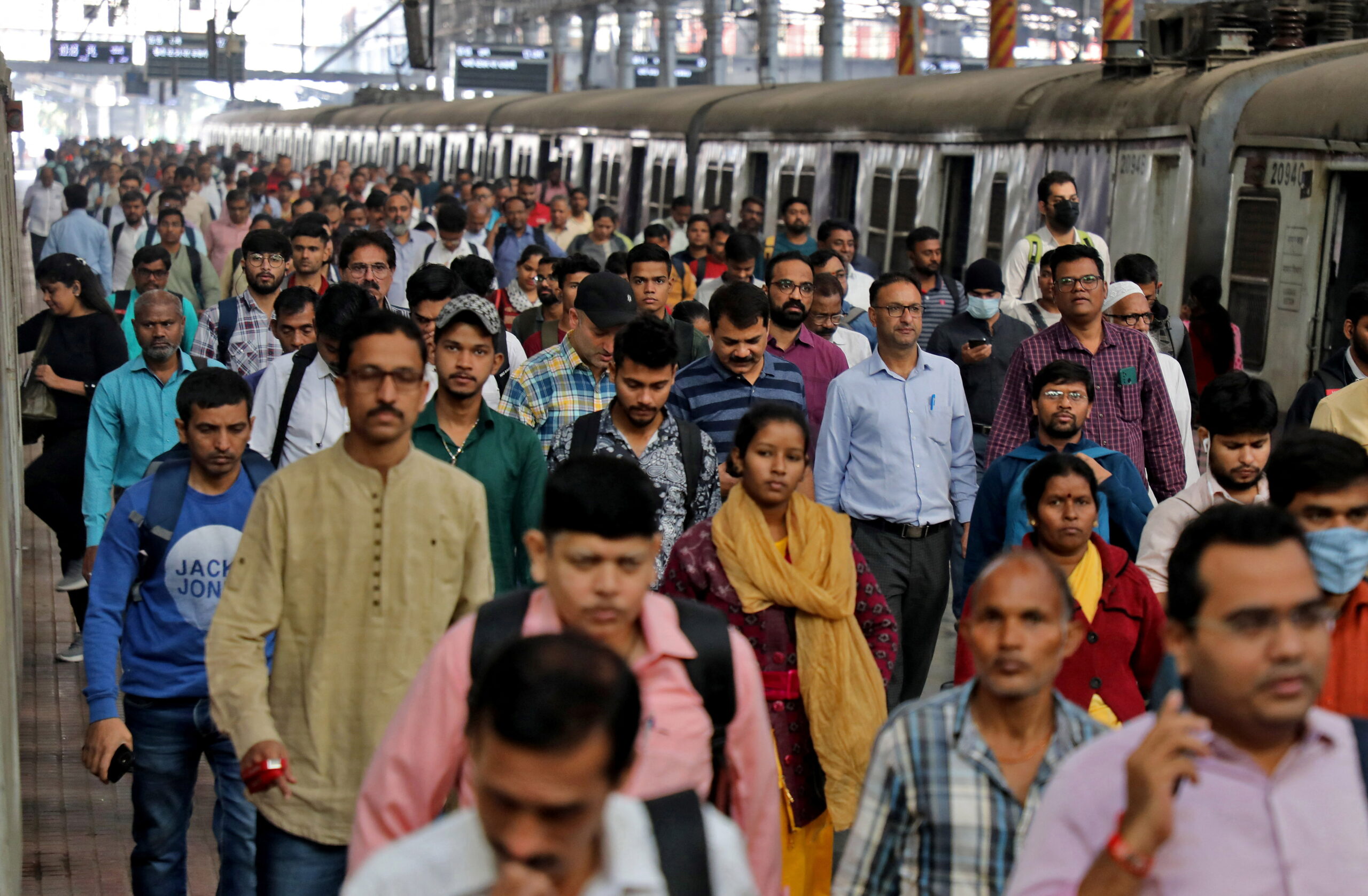

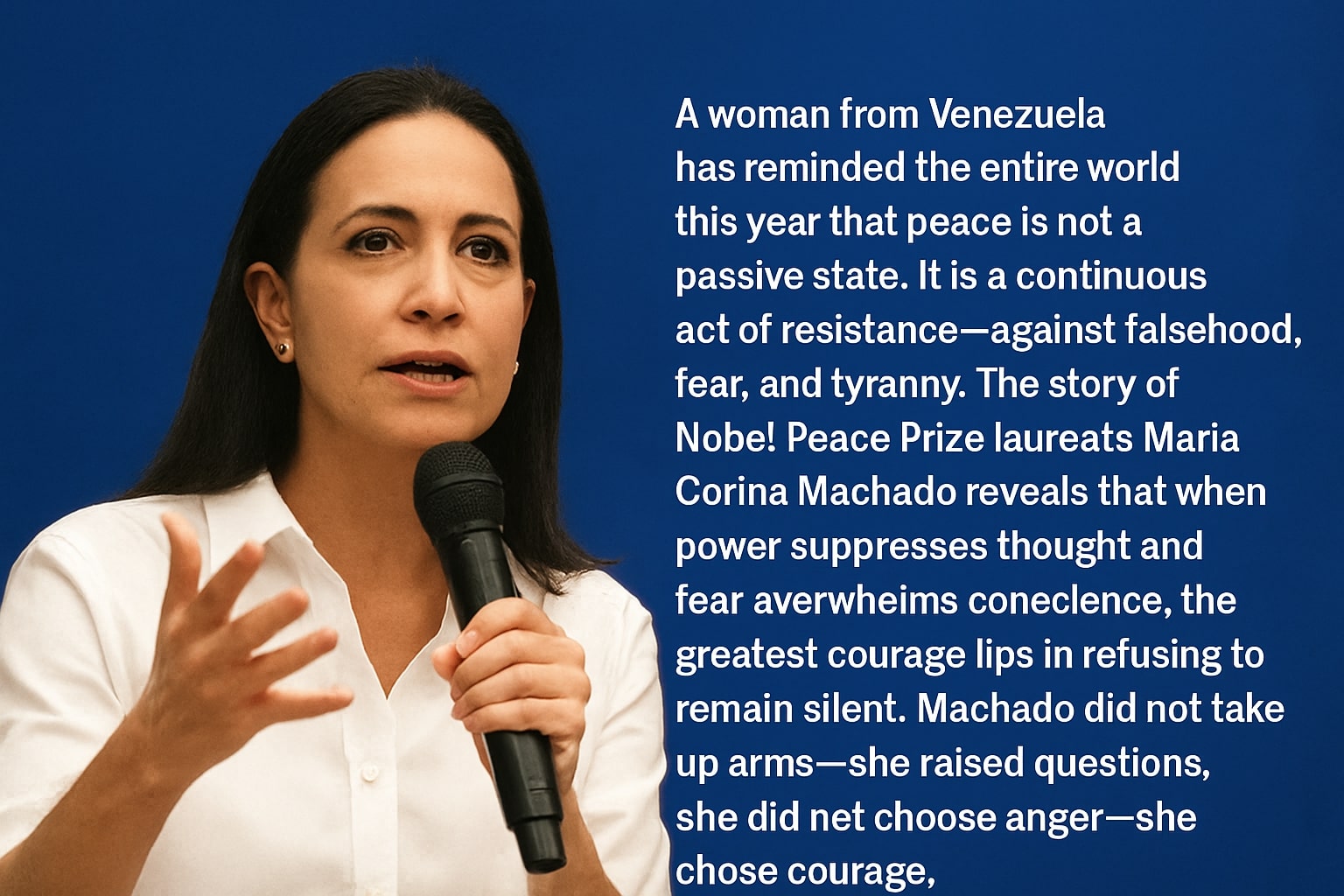
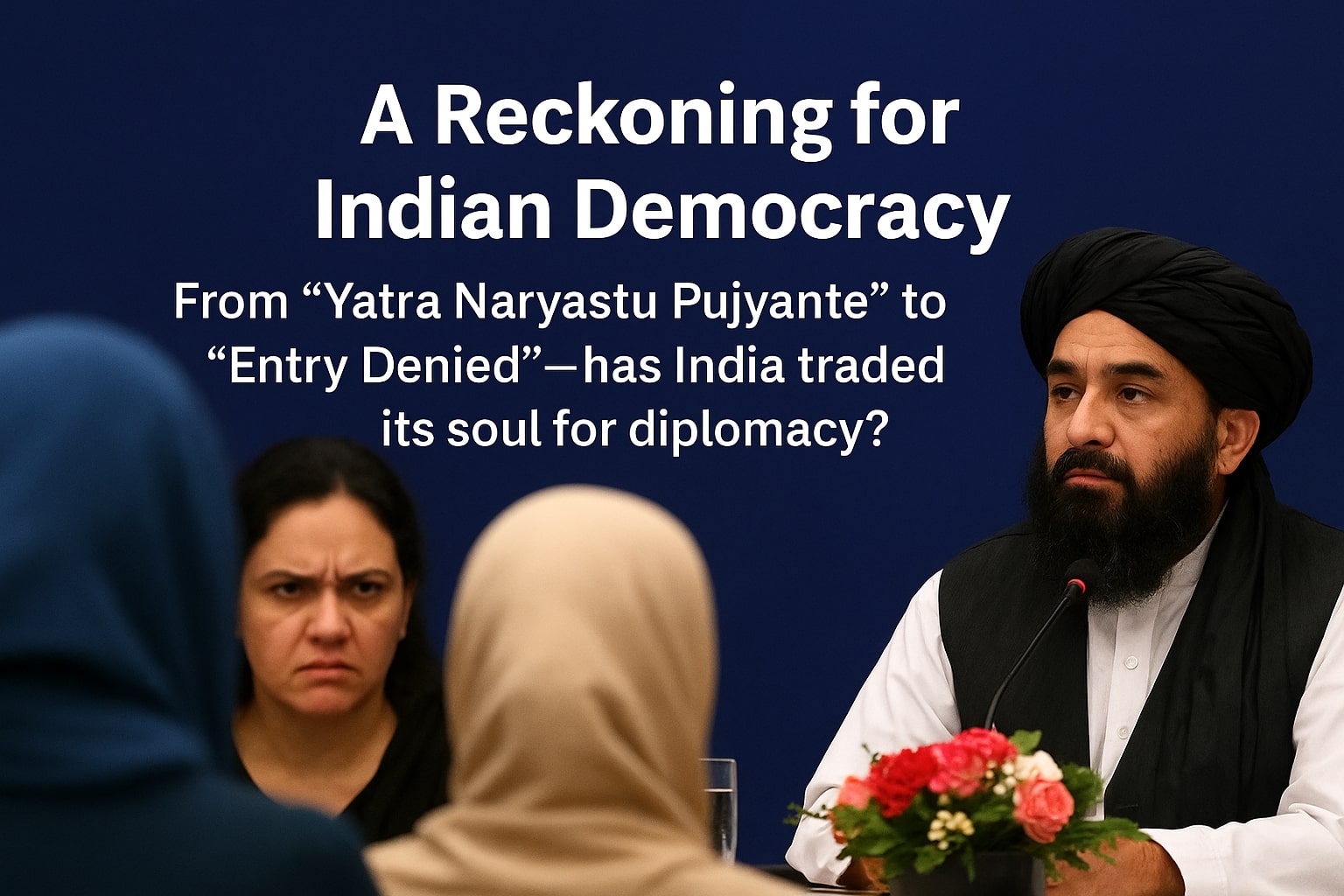
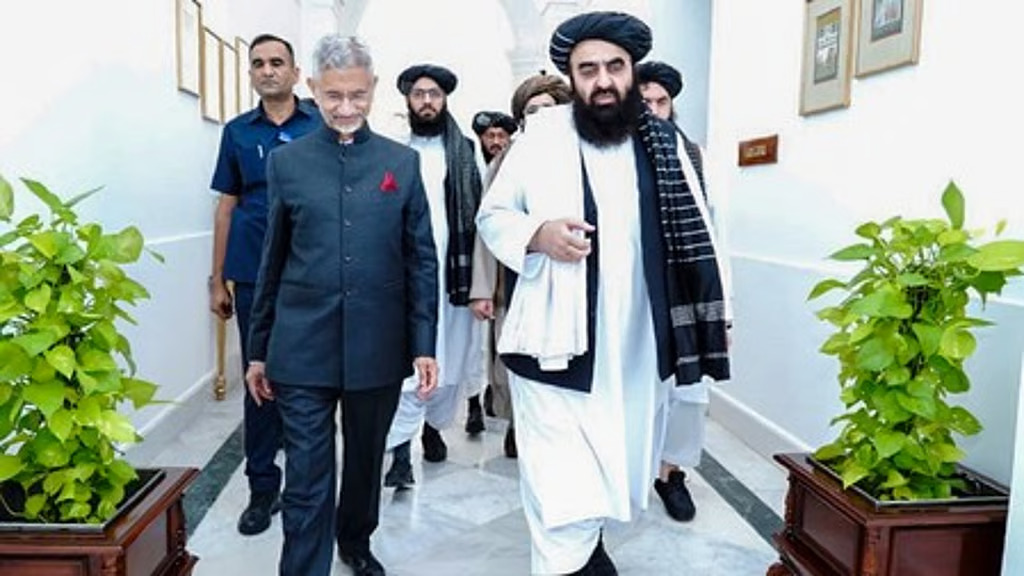
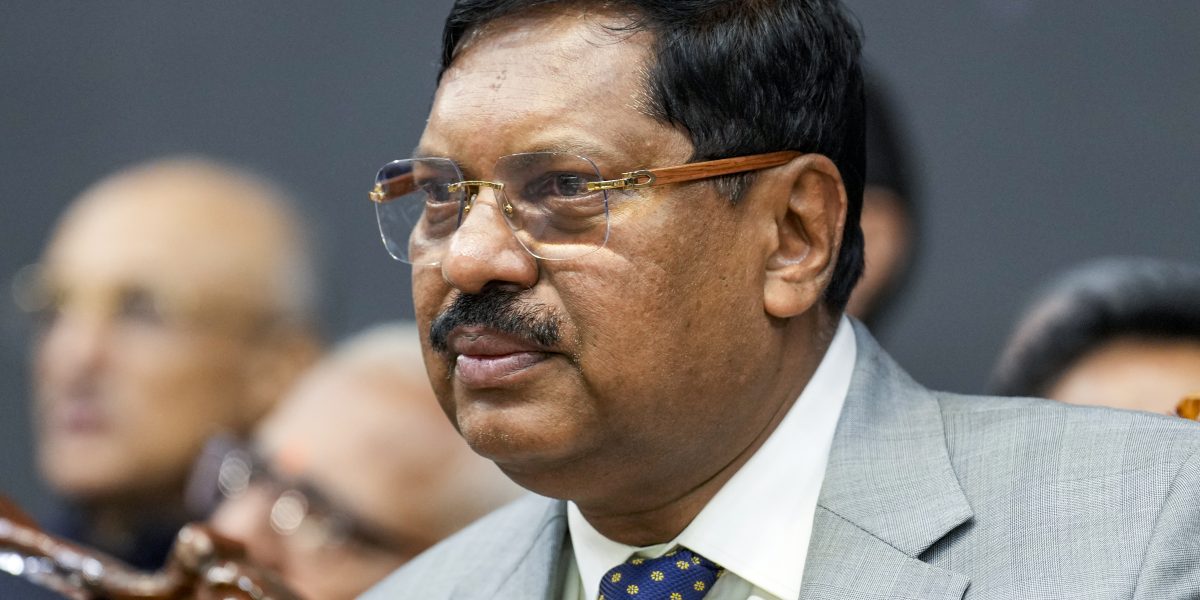

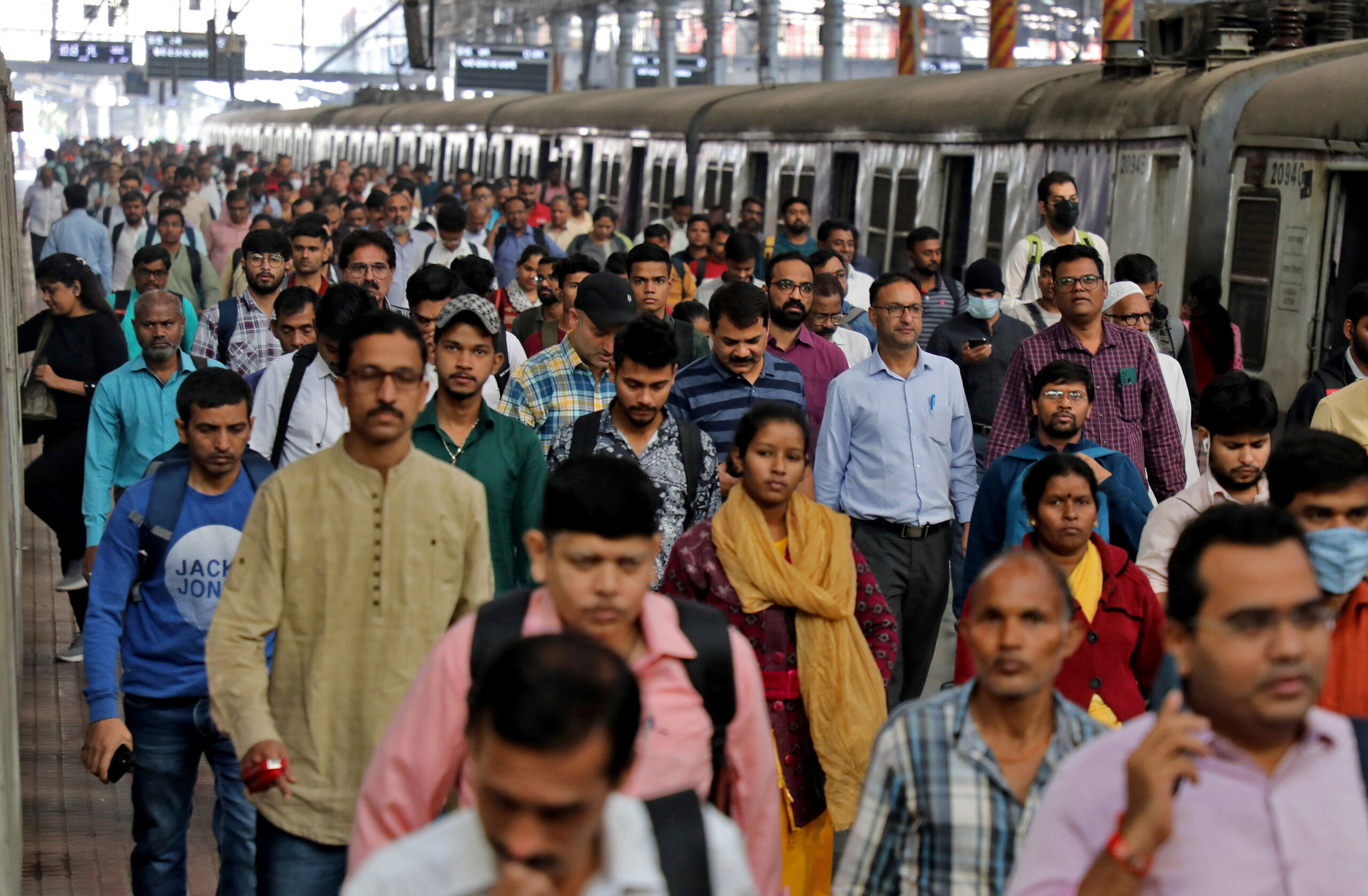

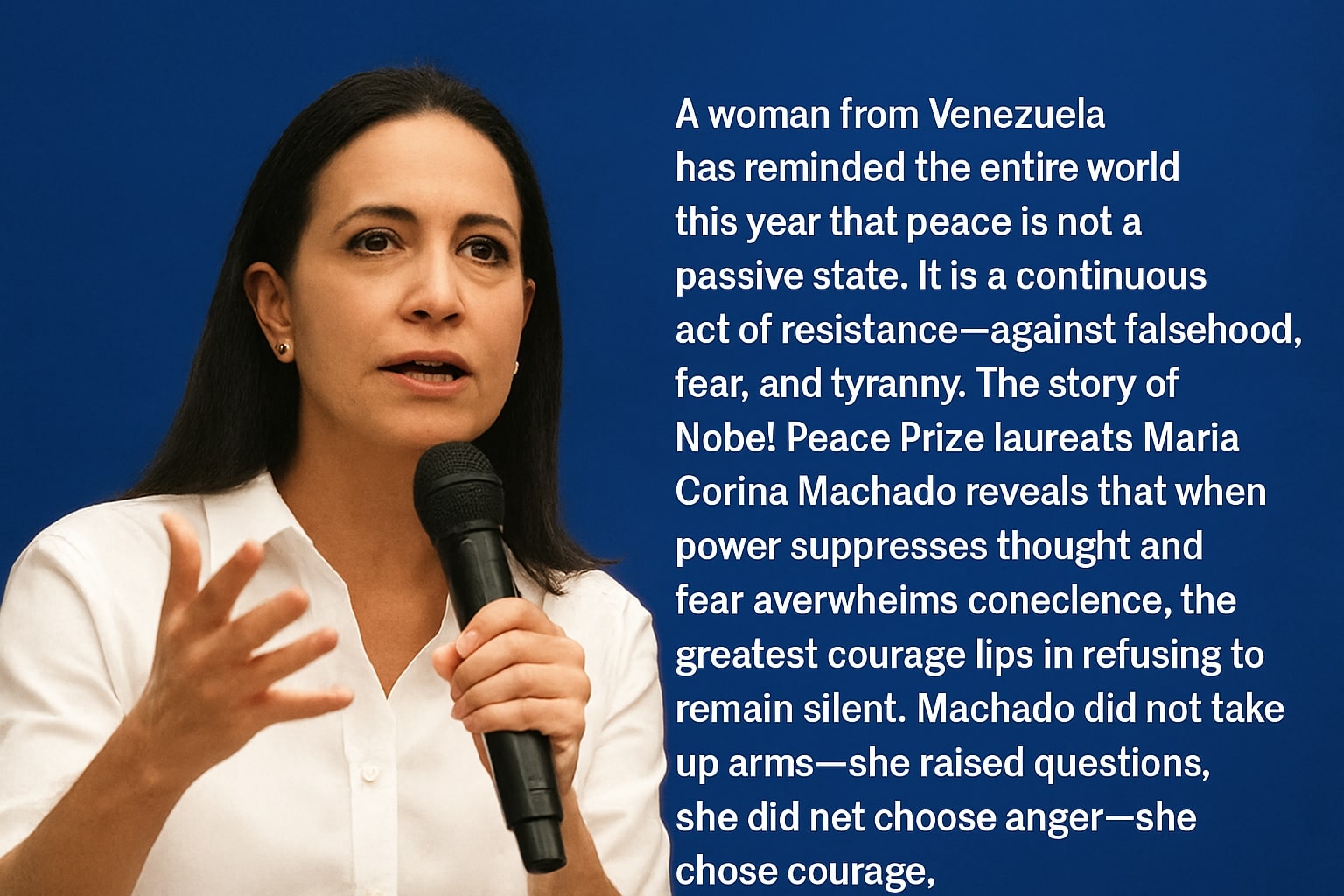

[[comment.comment_text]]